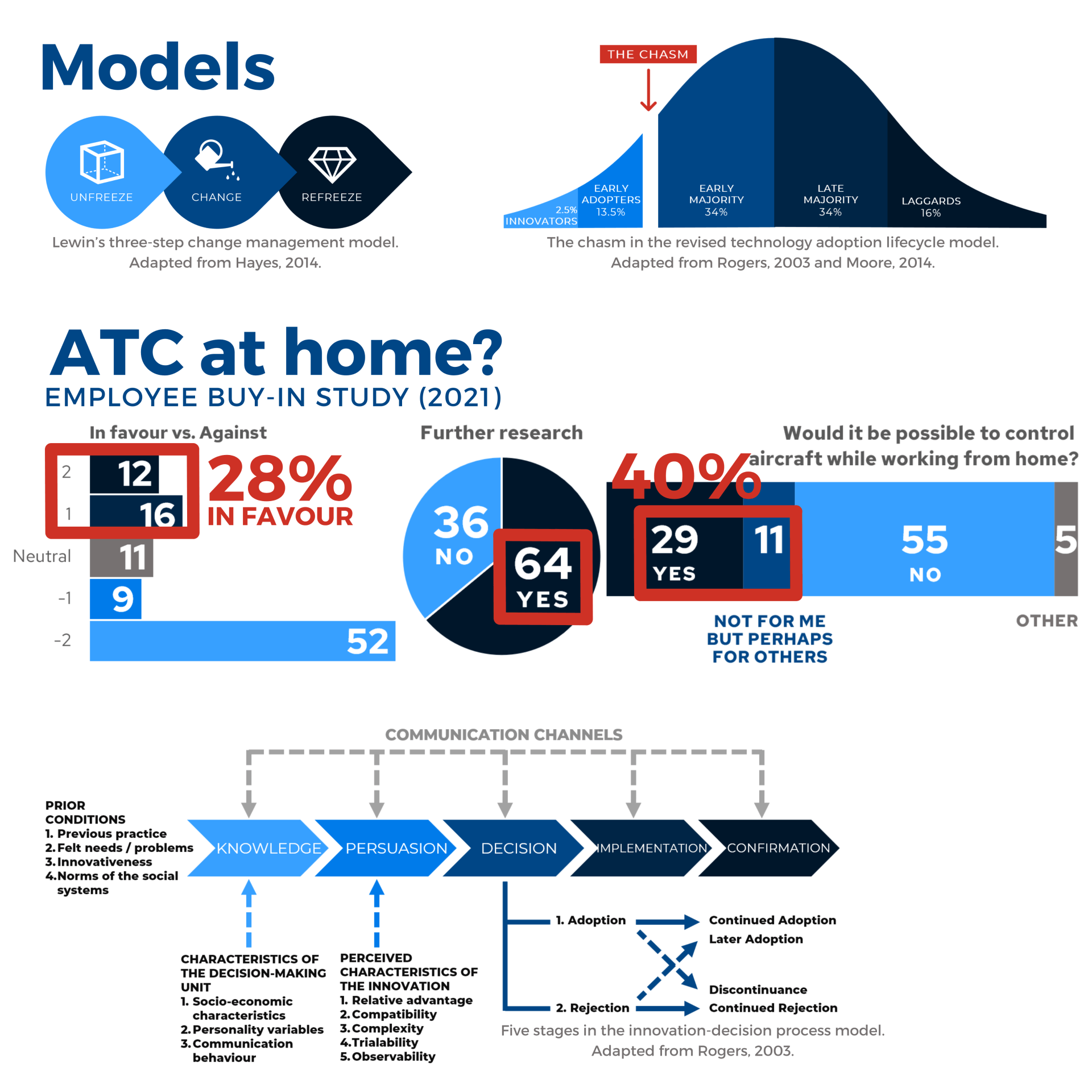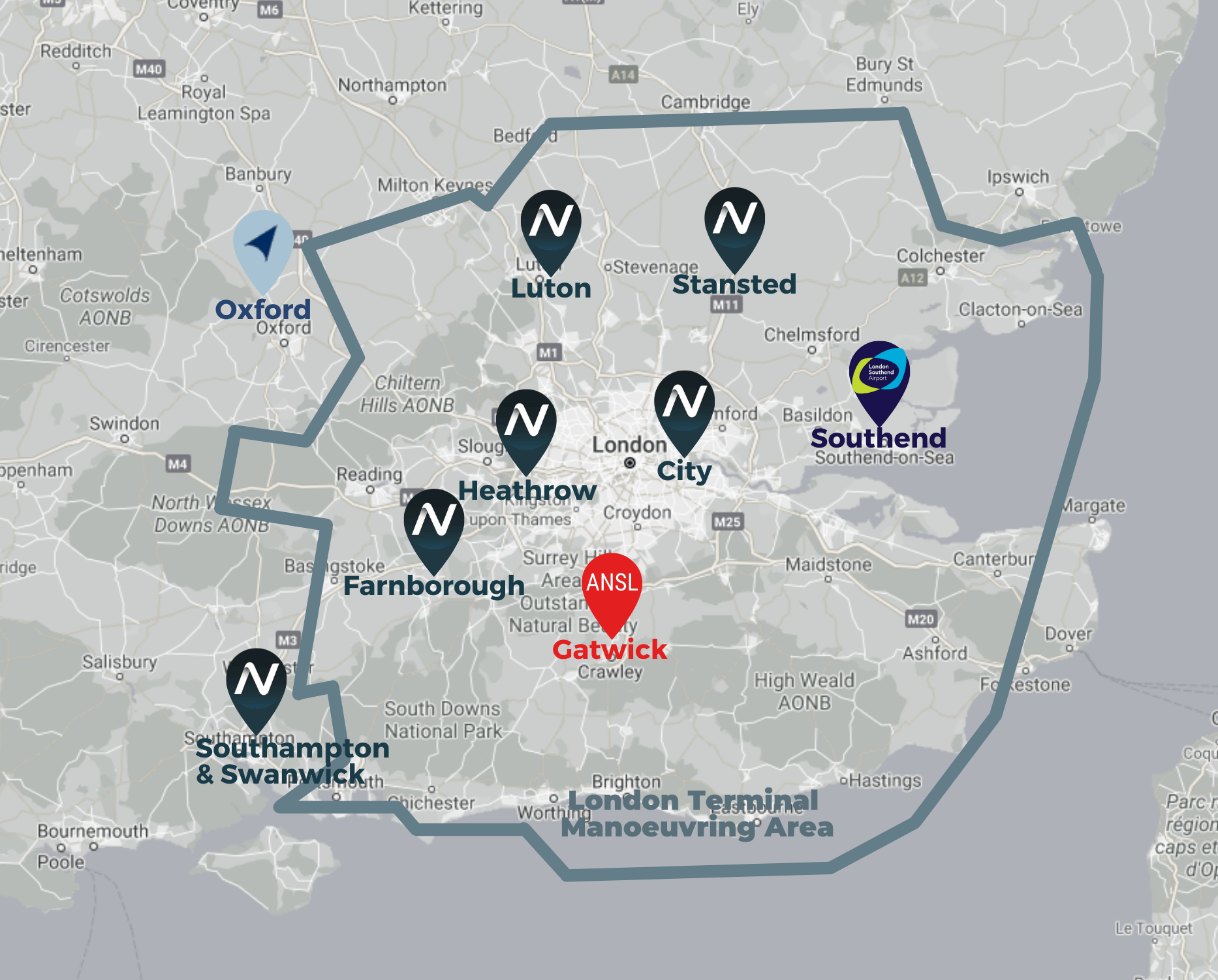Performance measures in ATC
Performance measures in ATC
This is an essay-answer to one of the dozens of questions for the Business Improvement Techniques distance learning course I took. Written with a management, non-controller audience in mind.
Image: Adapted from Performance Reference Model of the Federal Enterprise Architecture, 2005.
Performance measures is a controversial topic in ATC. The International Federation of Air Traffic Controllers' Associations (IFATCA) at their 57th Annual Conference in Ghana in 2018 stated that it does NOT support using Performance Measurement for assessing ATCOs' competence. Performance measurement should be used for managerial decisions such as reducing costs, identifying best practices, making better budget decisions and promoting staff - but not demoting, withdrawing licences or transferring controllers to different positions. Performance indicators must NOT be linked to pay or working conditions of individual ATCOs. "Using Performance Measurement for assessing ATCOs safety opposes Just Culture principles", according to which controllers "are not punished for actions, omissions or decisions taken by them that are commensurate with their experience and training..." (IFATCA, 2018).
ATC is not a production line
Even production lines have bottlenecks somewhere down the line and all work has to slow down. ATCOs have this problem in 3D while depending on other sectors operated by other ANSPs and their workload, communication with pilots, weather and other factors. Individual ATCOs are not in total control of their performance. They cannot influence how many aircraft pass through their airspace or whether they have pilots infringing their airspace who are not in radio contact. If controllers are judged based on their individual performance, teamwork and coordination may suffer, as they may try to work alone to improve their own efficiency at the cost of others' workload. Diverting from procedures is sometimes necessary to ensure safety and this should not be punished while rewarding those who disregard safety but stick to the rules. IFATCA recommends using Competence Assessment instead of Performance Measurement. Any establishment of metrics and interpretation of data must be based on controller expertise. "ATC in not a production line" (IFATCA, 2018, p. 9), but in some countries managers "know nothing about ATC" (ibidem, p. 6) and try to implement commercial performance metrics, which should only be used to "identify areas of improvement and take action to improve performance of the unit or the whole ANSP" (ibidem, p. 9).
Competence Assessment
IFATCA, ICAO and EUROCONTROL agree that controllers' Competence Assessment should be done regularly and have guidelines on the subject (IFATCA, 2018b). EU Commission Regulation 805/2011 states in Annex II, Part C: “The competence of each air traffic controller shall be appropriately assessed at least every three years.” The Commission Regulation (EU) 2015/340 provides further licensing and certification requirements, as does ICAO Doc 10056: Manual on Air Traffic Controller Competency-based Training and Assessment. This professional assessment aims to determine the overall competency on the job, in the simulator (also for situations that does not happen often or almost never happen - Unusual Circumstances and Emergencies; NATS 2015, 2016) and theoretical knowledge.
Continuous Assessment
Controllers may also assess one another, not only in formal sessions by trained assessors, but ask random exam questions before starting a shift during self-briefing (IFATCA, 2018b). The Commission Regulation (EU) 805/2011 (Annex II, Part A) allows for the competence assessments to be done either through examinations or a system of continuous assessment. "IFATCA highly recommends the use of continuous assessment instead of pass/fail ‘snapshots’." IFATCA proposes to assess ATCOs theoretical knowledge and practical competence "at least once a year, for every rating that a controller holds." The assessments should be confidential, with an option for the controller to view their own results and discuss them with the assessing officer as well as to record his comments "regarding the results and the manner in which the assessment was carried out" (FATCA, 2018b). The facility should be able to provide remedial training if necessary to improve controllers' performance.
Sources:
Commission Regulation (EU) 2015/340 of 20 February 2015 laying down technical requirements and administrative procedures relating to air traffic controllers' licences and certificates [...]
Commission Regulation (EU) No 805/2011 of 10 August 2011 laying down detailed rules for air traffic controllers’ licences and certain certificates [...]
ICAO (2016) Doc 10056: Manual on Air Traffic Controller Competency-based Training and Assessment
IFATCA (2018b) Competence Assessment. Presented by Professional and Legal Committee (PLC).
IFATCA (2018a) Performance Measurement in ATC. Presented by Professional and Legal Committee (PLC).
NATS (2015) When the worst happens, training matters. by Mark Davenport
NATS (2016) How do controllers train for unusual situations? by Steve Green [video]










